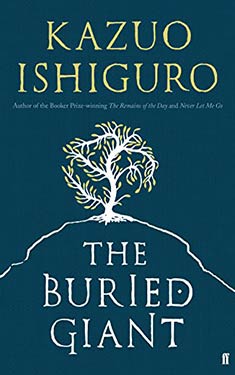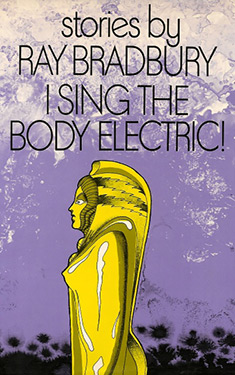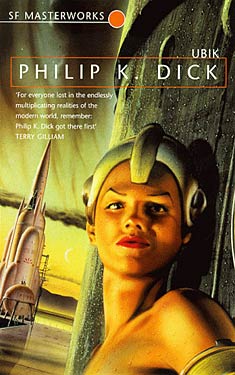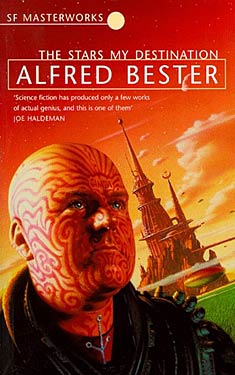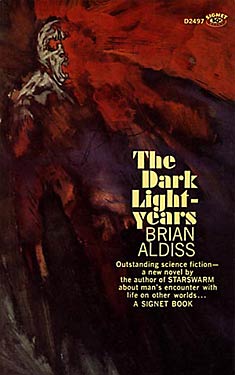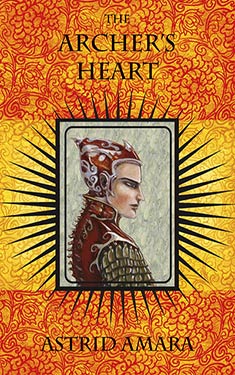Kazuo
Ishiguro
Completed 3/30/2018,
Reviewed 3/30/2018
2 stars
This book was kind of lost on me. It seemed like there was supposed to be
layers of meaning, but I didn’t really get it, I don’t think. It’s fairy tale about memory, love, loss, and
conflict. The prose is pretty, and
subtle, and also boring. There were
times I enjoyed reading it just for the awesomeness of the prose, and other
times it nearly put me to sleep. I guess
it really depended on my mood and what time of the day I was reading it. But in the end I felt like it was too subtle
for me to enjoy.
The premise is that an old Briton couple decides to go on a
journey to see their long-estranged son.
However, Axl and Beatrice realize that there’s a strangeness in the
air. They, and everyone around them,
seem to have forgotten almost everything.
They go on with their lives as if there is almost no past. Even our couple seems to have forgotten the
events of the recent past, let alone important things like why their son left
them. Along the way, they meet up with a
Saxon warrior and his young ward, and Sir Gawain from King Arthur’s court, whose
purpose it seems is to slay a dragon.
The biggest disappointment with this book is the character
development. It really felt like there
was none. The characters are flat,
having little range of emotion. Beatrice
seems to be ill; the journey exhausts her.
Axl seems to carry her physically or emotionally the whole way. He calls her princess all the time. And because of the rampant memory loss that
everyone has, even Axl and Beatrice can’t remember either the good times or the
bad times of their past. So their lives
are one note. There’s no color to their
lives, or for that matter to the story.
Even the introduction of the other characters does little to
enhance the story. All it does is make
the plot a tad more complex. They do not
have much depth to them either. We get a
few flashbacks that fill in some holes in their history, but nothing of much
emotional value.
I don’t have much else to say about this book, only that it
was pretty but boring. Nothing much
happens. There is very little depth to
either the plot or the characters. Even
the ending was unsatisfying. There are
some revelations, but it feels just as milquetoast as the rest of the
book. When I was done, I thought, “That’s
it?” and let out a long sigh. I don’t
feel as if I wasted a week’s worth of reading, but certainly felt unfulfilled having
read it. I give the book two stars out
of five. At some point, I’ll have to
attempt some Ishiguro’s more acclaimed novels to help understand why he won the
Nobel Prize for Literature. It sure wasn’t
for this book.
